Thai food is renowned worldwide for its delicious flavors and unique combination of ingredients. Several factors contribute to the exceptional taste of Thai cuisine:
*Balanced Flavors: Thai cuisine is known for its perfect balance of flavors – sweet, sour, salty, bitter, and umami. Each dish aims to incorporate these elements, creating a harmonious and complex taste profile.
*Fresh Ingredients: Thai cooking emphasizes the use of fresh and locally sourced ingredients. Fresh herbs, spices, vegetables, and proteins are key components that contribute to the vibrant and intense flavors of the dishes.
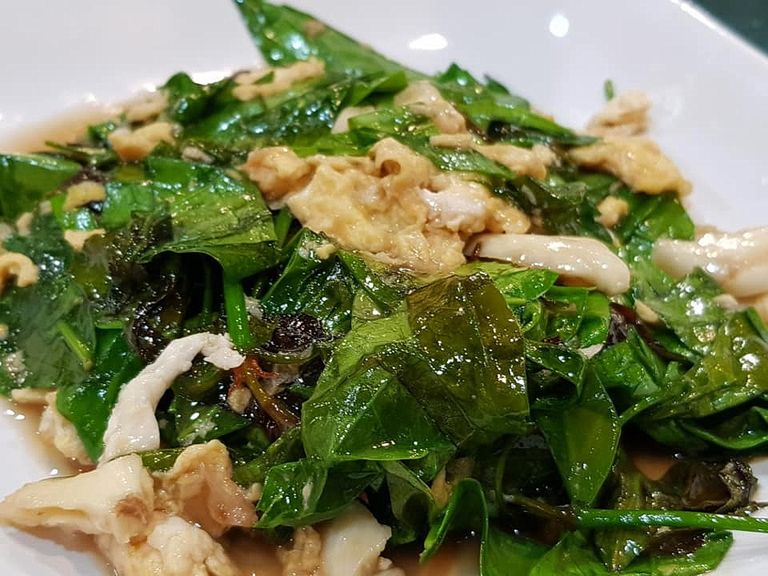
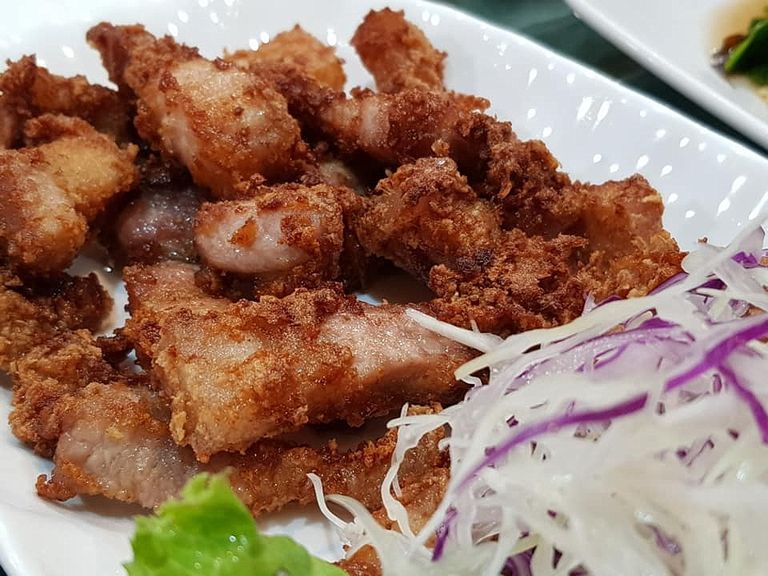
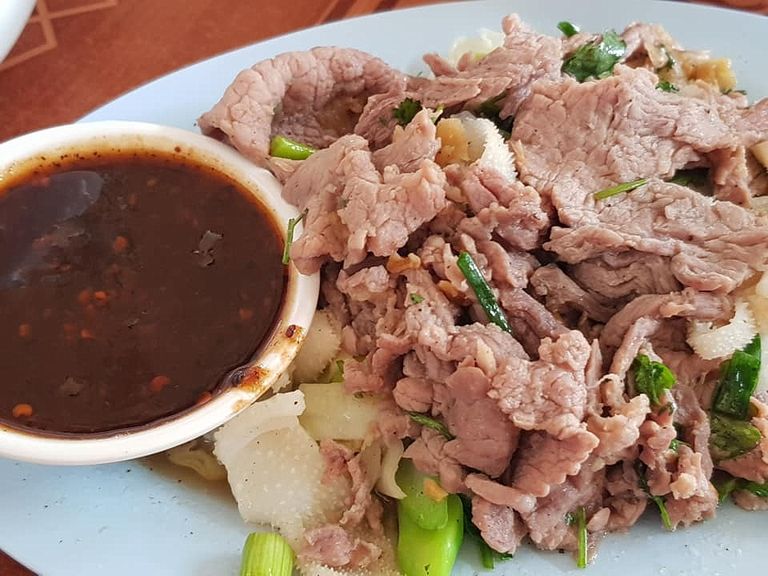
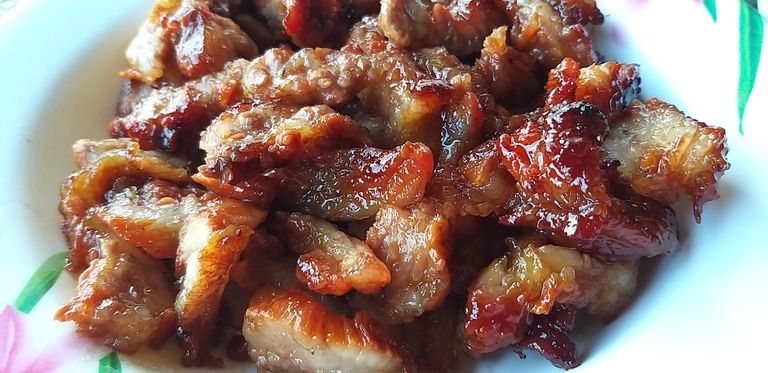
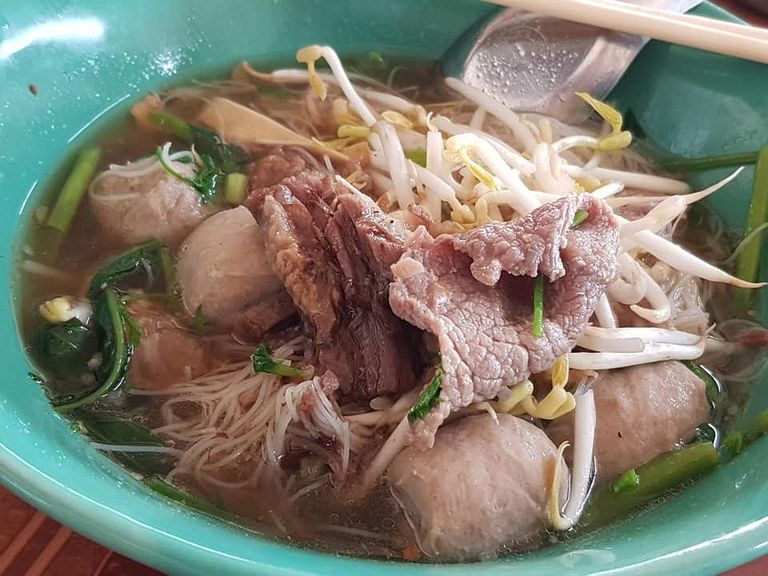
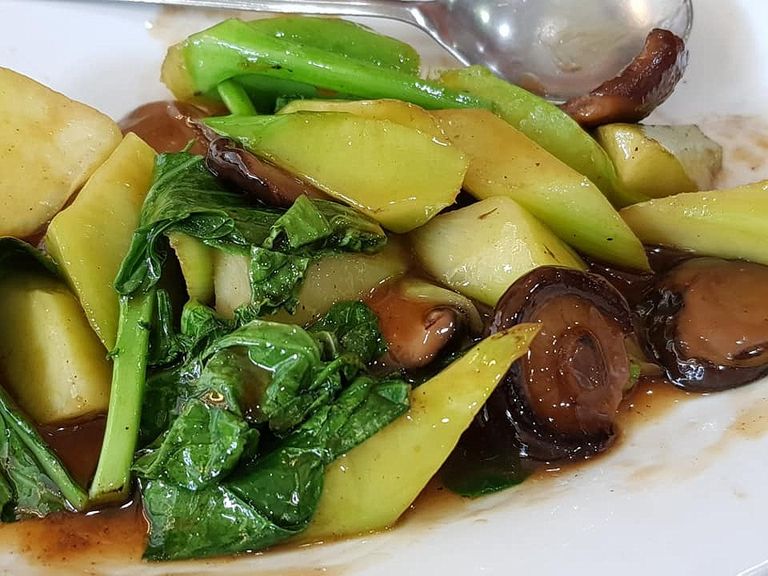
*Herbs and Spices: Thai cuisine utilizes a variety of aromatic herbs and spices, such as lemongrass, basil, cilantro, galangal, ginger, and Thai chilies. These ingredients add layers of depth and fragrance to the food.
*Umami-rich Ingredients: Ingredients like fish sauce, shrimp paste, and soy sauce provide umami, the fifth taste sensation, which enhances the overall flavor profile of Thai dishes.
*Texture Play: Thai cuisine often features a balance of textures in a single dish – crunchy, soft, chewy, and crispy. This variety in textures makes each bite interesting and enjoyable.
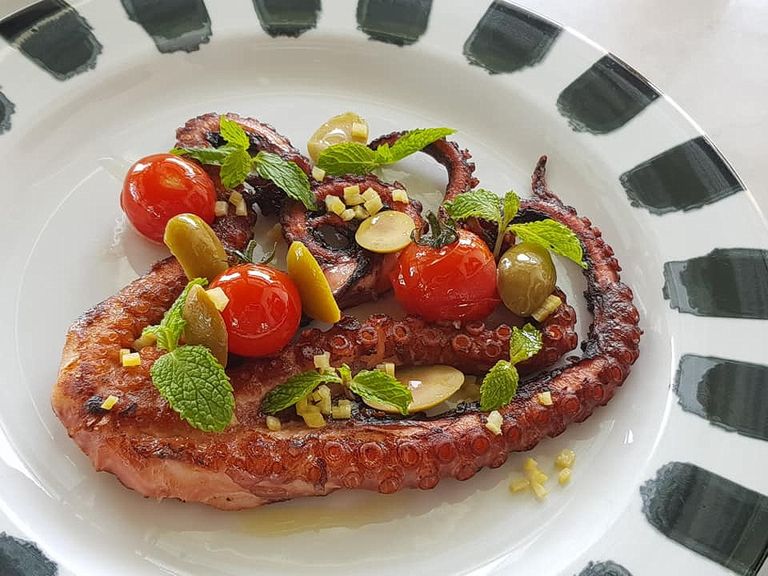
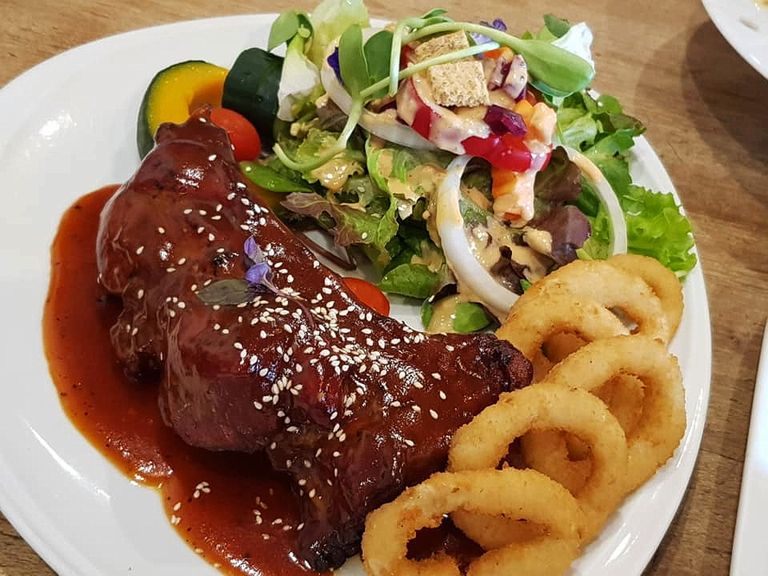

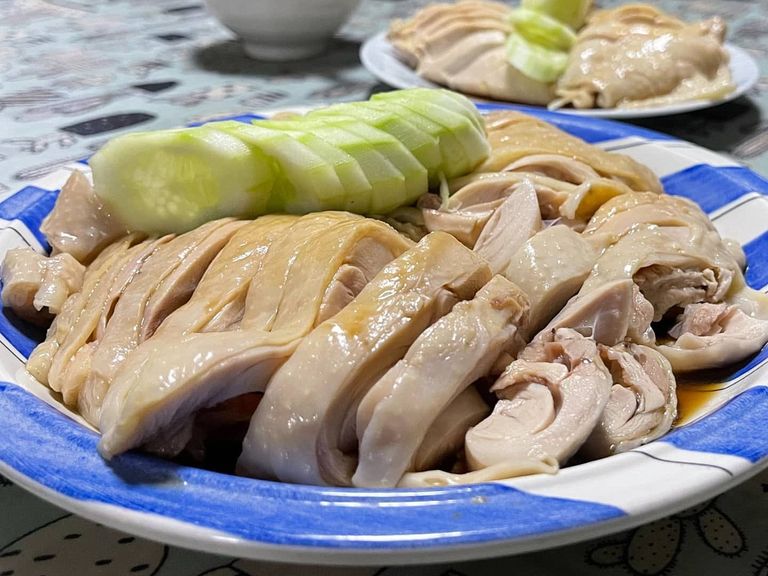
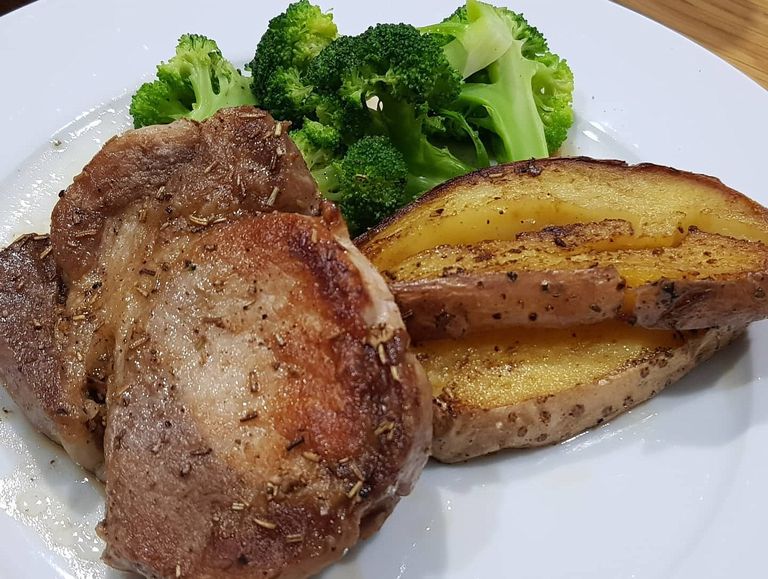
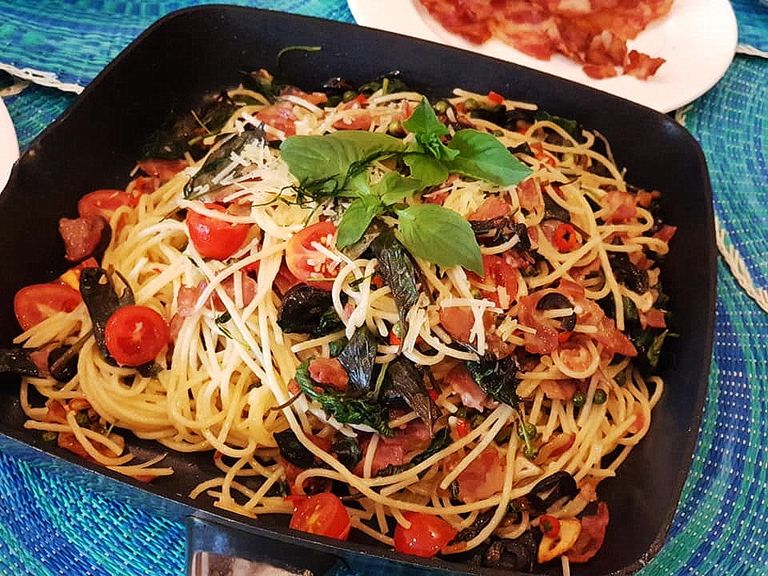
*Colorful Presentation: Thai dishes are known for their vibrant colors. The use of colorful vegetables, herbs, and spices not only adds to the visual appeal but also reflects the diversity of flavors present in the cuisine.
*Use of Coconut: Coconut milk and coconut cream are commonly used in Thai curries and desserts. They add a rich and creamy element to the dishes, enhancing both flavor and texture.
*Street Food Culture: Thailand has a thriving street food culture where vendors prepare food right in front of you. This ensures freshness and immediate consumption, which can enhance the overall taste experience.
*Cultural Influence: Thai cuisine has been influenced by various cultures over centuries, including Chinese, Indian, Malay, and European. These influences have contributed to the wide array of flavors and techniques present in Thai cooking.
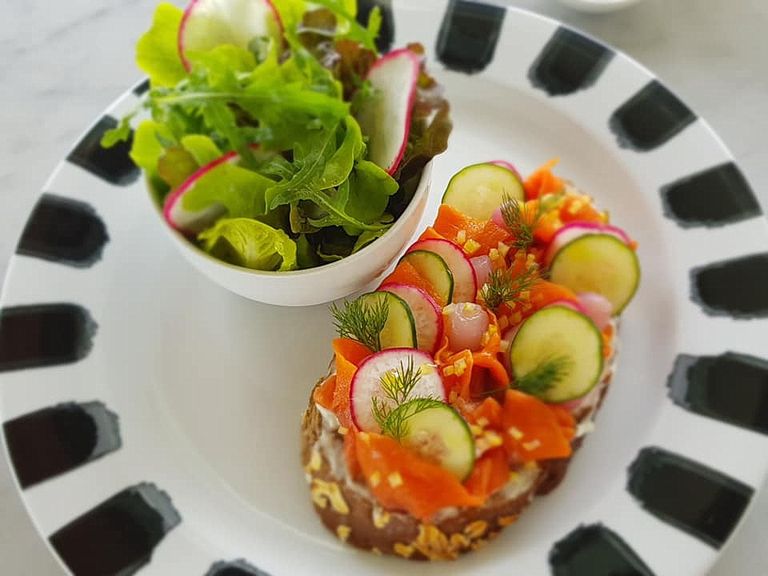
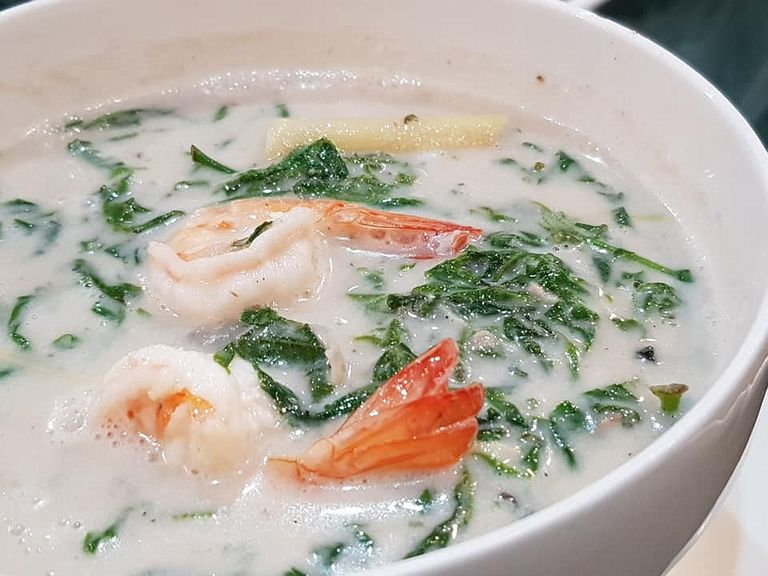
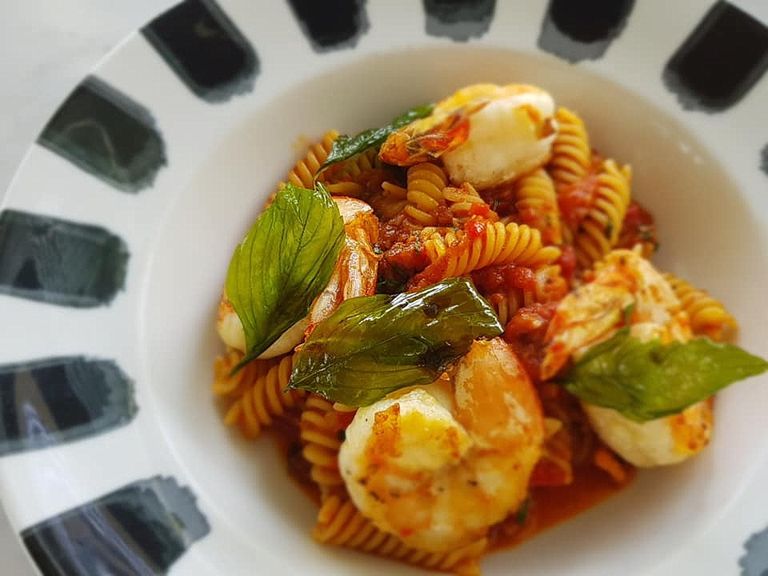
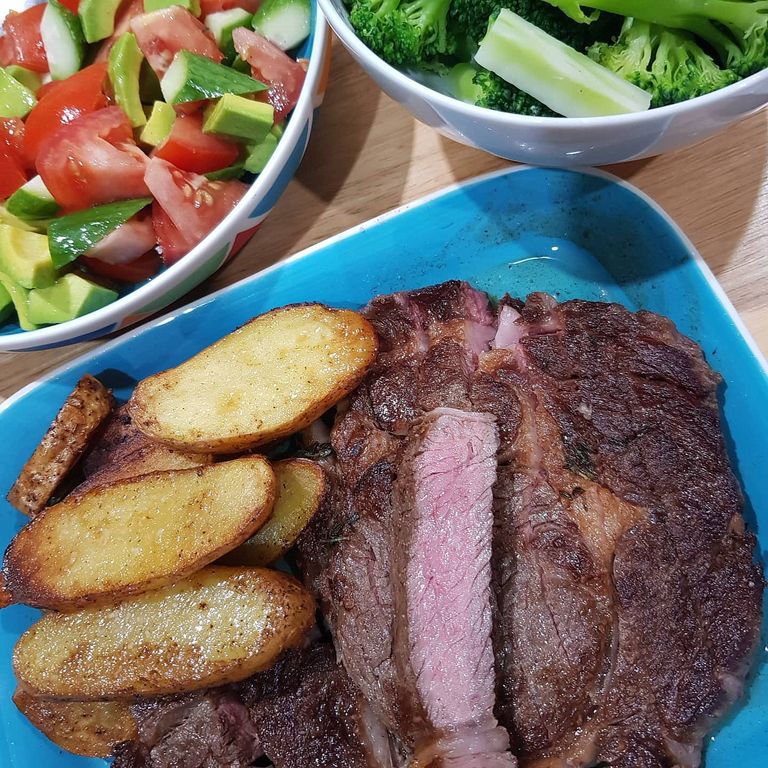
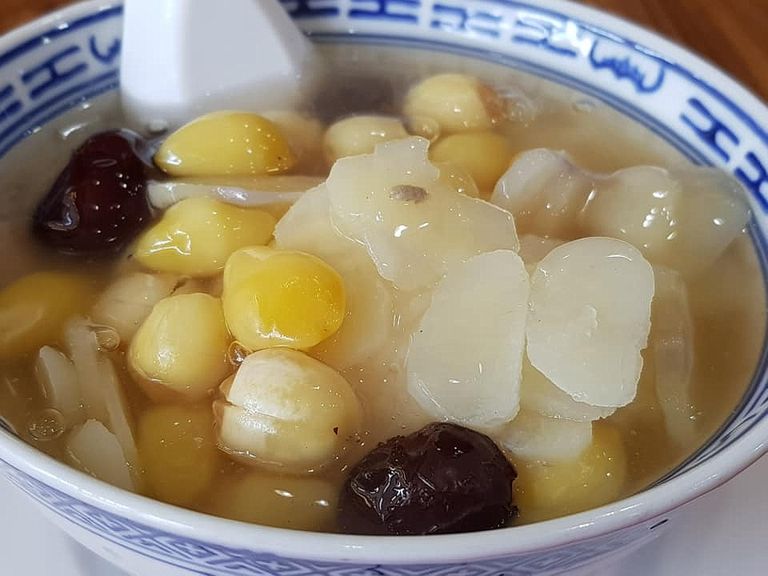
* Attention to Detail: Thai chefs pay great attention to the presentation of their dishes, often creating intricate garnishes and arrangements. This attention to detail extends to the balance of flavors and textures as well.
*Regional Variations: Thailand's diverse regions offer a wide range of ingredients and culinary techniques. From the spicy and aromatic dishes of the North to the milder and seafood-focused cuisine of the South, each region brings its unique flavors to the table.
*Street Food Culture: Thailand is famous for its bustling street food scene. The vendors often specialize in specific dishes, perfecting their recipes over generations, which contributes to the exceptional taste of their offerings.
Overall, it's the combination of fresh ingredients, skillful use of herbs and spices, the balance of flavors, and the cultural and regional influences that make Thai food so incredibly tasty and distinctive.
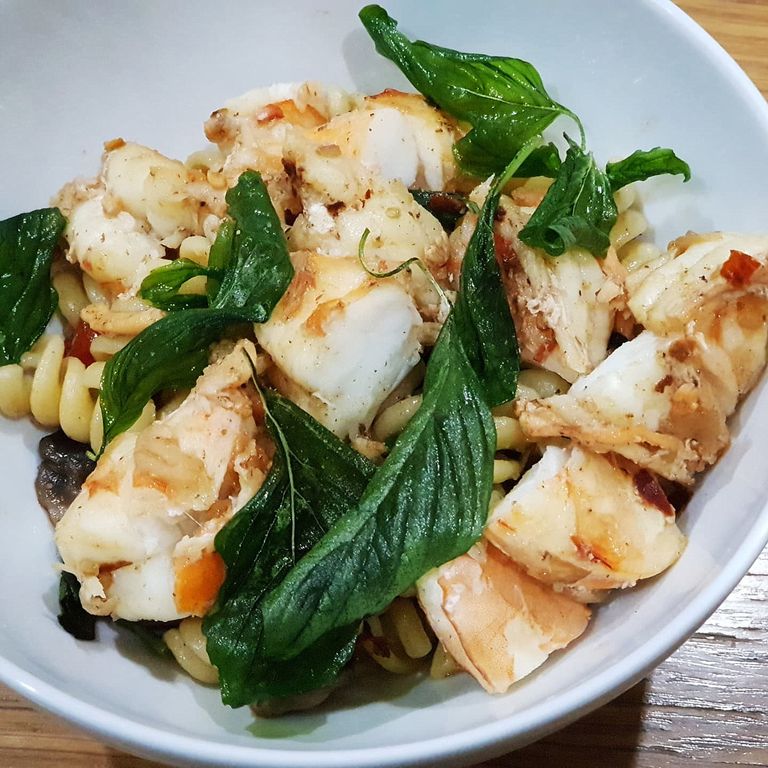
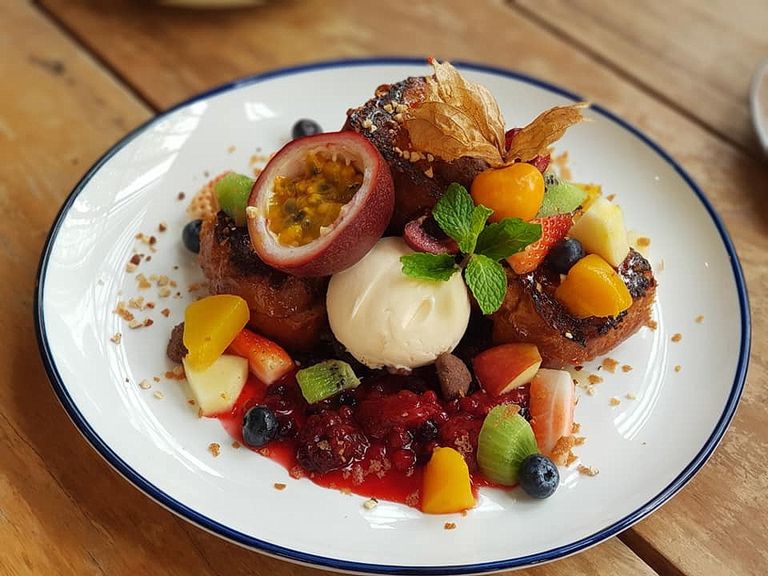
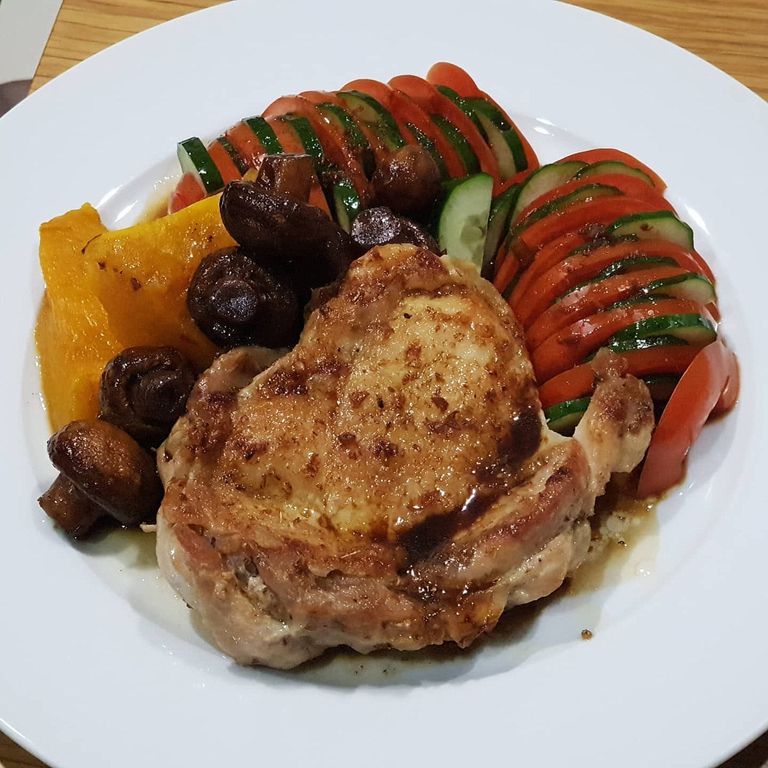

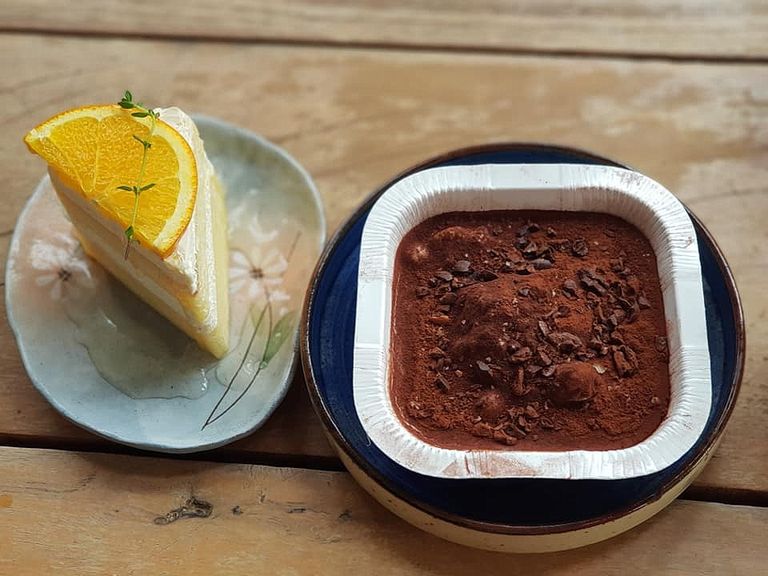
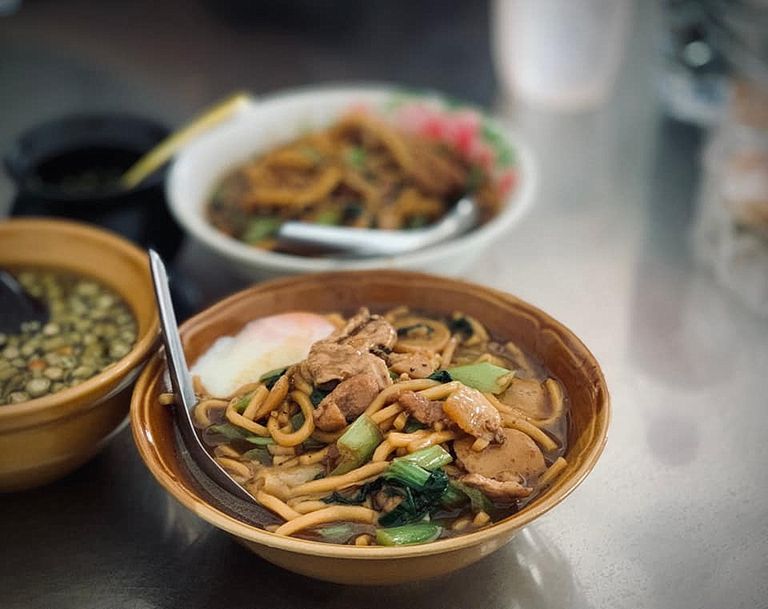

MSG
Haha.....but we still love it and eat it....lol 😂